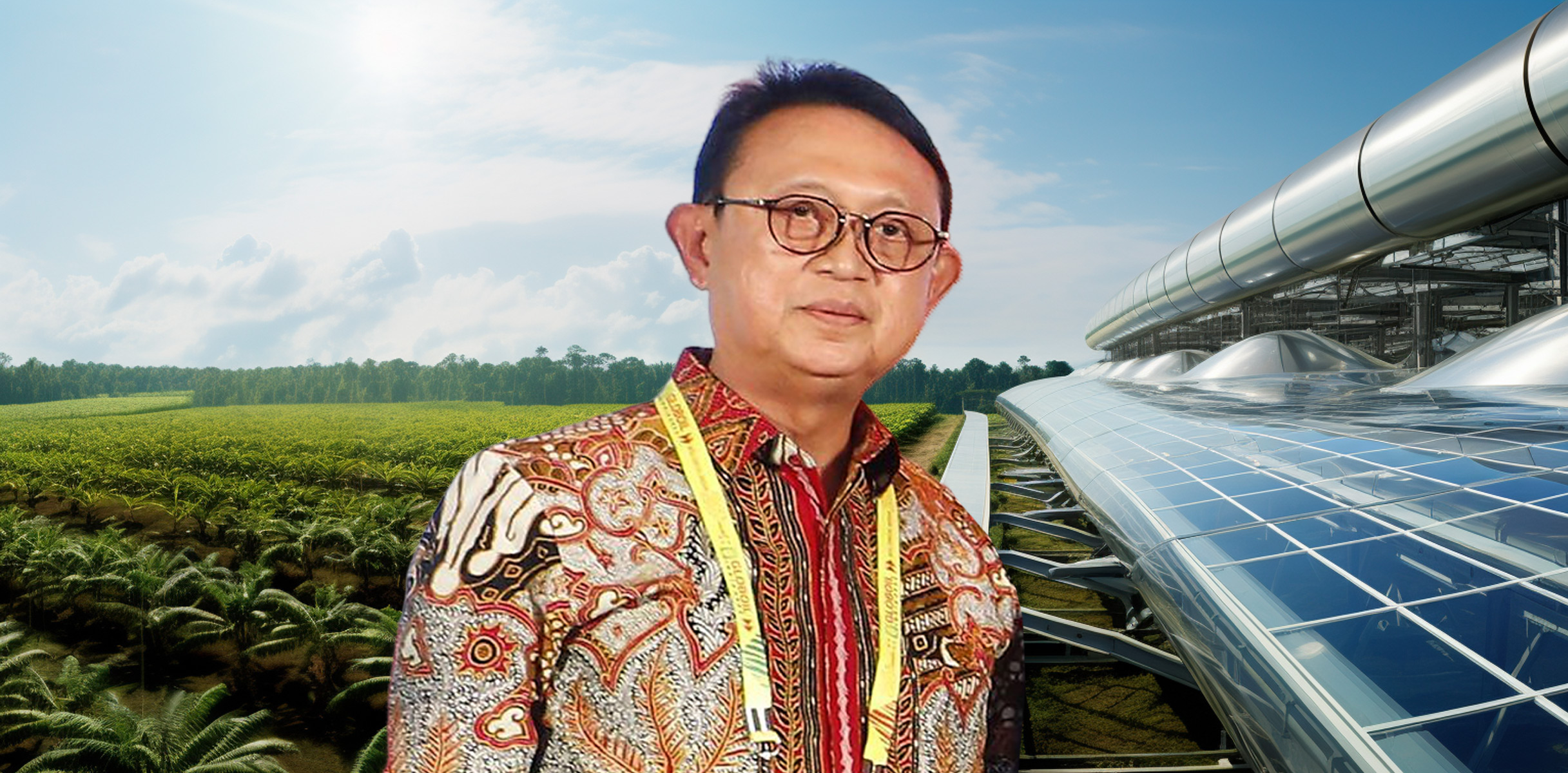India's Agtech Revolution: Promise vs. Reality
Siraj Hussain explores AGRI-UDAAN's potential to scale agritech among small farmers, climate change mitigation, and the implications of India's Agristack.
Welcome back to Globoil Post, your premier source for insights into the global edible oil and agri-trade industry.
In this comprehensive article, Siraj Hussain, Former Union Agriculture Secretary, provides expert analysis on the evolving landscape of Indian agriculture, focusing on technological integration, climate change adaptation, and the challenges of digitization in the agricultural sector.
- With the Indian government introducing initiatives like the AGRI-UDAAN program to support agritech startups, how do you assess the impact of these policies on the adoption and scalability of agritech solutions among smallholder farmers? What additional policy measures could further enhance the integration of technology in traditional farming practices to ensure widespread benefits across rural India?
AGRI UDAAN is an accelerator program for promoting new initiatives in the areas of food cultivation, processing and agribusiness. It is promoted by ICAR’s National Academy of Agricultural Research Management, Hyderabad. The initiative involves mentoring and providing network support for innovative ideas. The idea is to provide space for them to present their new products and services. Similar platforms were earlier promoted by the private sector. For example, Rabo Foundation’s ThinkAg, is an existing platform in agriculture and food processing space. This also aims to bring together entrepreneurs, incubators, producer farming organizations and corporates. So far, most of such interventions have come in the area of aggregation, marketing and supply chain. Not much has been done to propagate better farming practices across India. If Agri-Udaan can prioritize that, the farm yields can go up and that will be a big contribution to food security.
- Climate change poses significant challenges to Indian agriculture, affecting crop yields and farmers' livelihoods. How can agritech innovations play a pivotal role in mitigating the adverse effects of climate change?
The most important intervention in climate change is to develop seeds which are climate resilient. So far, ICAR has been at the forefront of research in developing such seeds for various crops. Research in this area requires enormous increase, patience and deep investment. I do not think start ups can play a major role in this. It is the big companies, both Indian and foreign which should be collaborating with ICAR to breed climate resilient varieties. In her budget speech, the finance minister announced that the Government will provide funds to private sector also for research. She said that this will be done in challenge mode. There are a few ag-techs that are using biotechnology to create green and sustainable new products, or ingredients such as food additives. In 2022, firms like String Bio attracted more than $63 million in funding.If specific crops and geographies are selected for such aggressive research in collaboration with the private sector, we can see new climate resilient varieties coming soon.
- The government's Agristack initiative aims to digitize the agricultural value chain and provide real-time information to farmers. While this holds great potential, there are concerns about data privacy and the equitable distribution of digital resources. How can the government and private sector collaborate to build robust digital infrastructure while ensuring data security and inclusivity for all farmers, especially those in remote areas?
In 2021, the Digital Agriculture Mission was launched by the Ministry of Agriculture and a pilot was conducted with Microsoft, Amazon, and Patanjali. Later five MoUs were signed with a few corporates which included Cisco, Jio Platforms, ITC Limited and Ninjakart. The idea is to create a database with digital identity of farmers, their land holdings and crops under cultivation. The challenge of such an initiative will be to keep it updated as land records are under the purview of the state governments. Ownership of agricultural land in India is presumptive. Moving to conclusive titles guaranteed by the Government is an aspiration. NSO’s Situation Assessment of Agricultural Households, 2019 shows that only 3.2 to 3.7 percent of households leased out their land. At all India level, official data of leasing shows that only about 11 percent land is leased but it is known that informal land leasing is extensively practiced across India, especially in more prosperous states like Andhra Pradesh and Punjab. The objective to capture geo referencing of village map registry and crop sown registry by the States/UTs can go a long way in correct assessment of crop production. Agri-stack is compliant with the privacy aspects as per Digital Personal Data Protection (DPDP) Act, 2023. Any personal data can be shared with the data seekers only after the consent of the farmers. Since most farmers would not be digitally literate, it would be extremely challenging for the Government to prevent any fraudulent transactions based on such data.Internet Freedom Foundation has raised concern about the MOU which will provide to a company data of land records, soil quality, nutrient profile, crop yield, quantity of fertilizer used etc. In addition, socio-economic data will also be shared. Full implication of this initiative is yet to be evaluated. Some farmer organizations have expressed concern that this data may be exploited by private companies for wrongful purposes such as predatory lending or land grabs.If Agri-stack can remain secure and trustworthy, it can provide easier access to credit to tenant farmers and help them in marketing their produce, it can be highly beneficial to agriculture sector.





.jpg)
